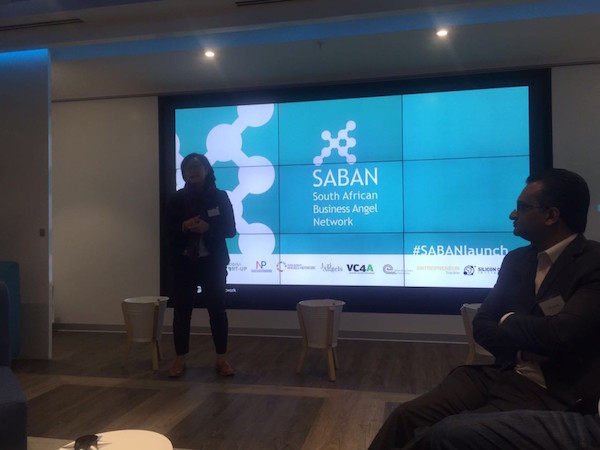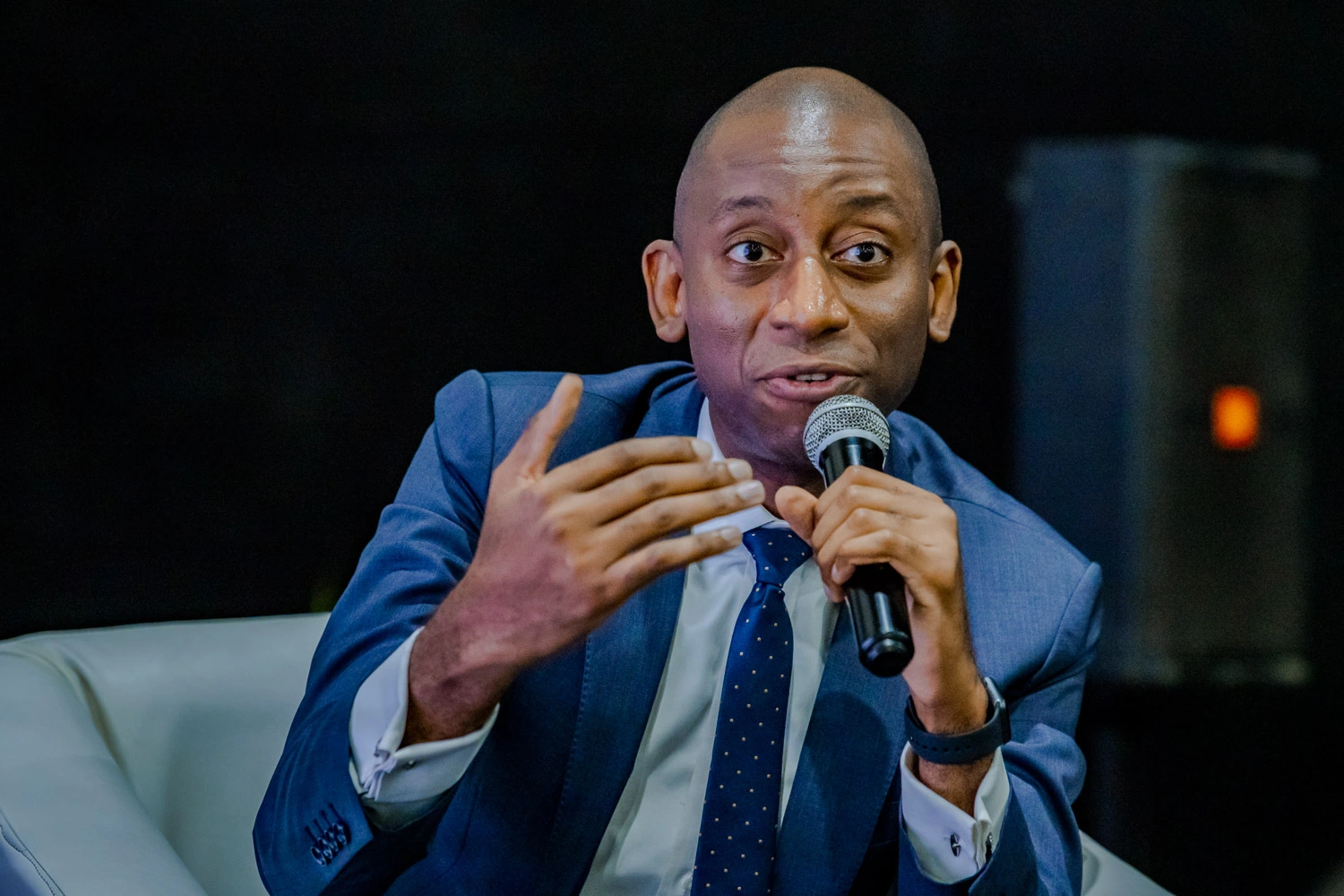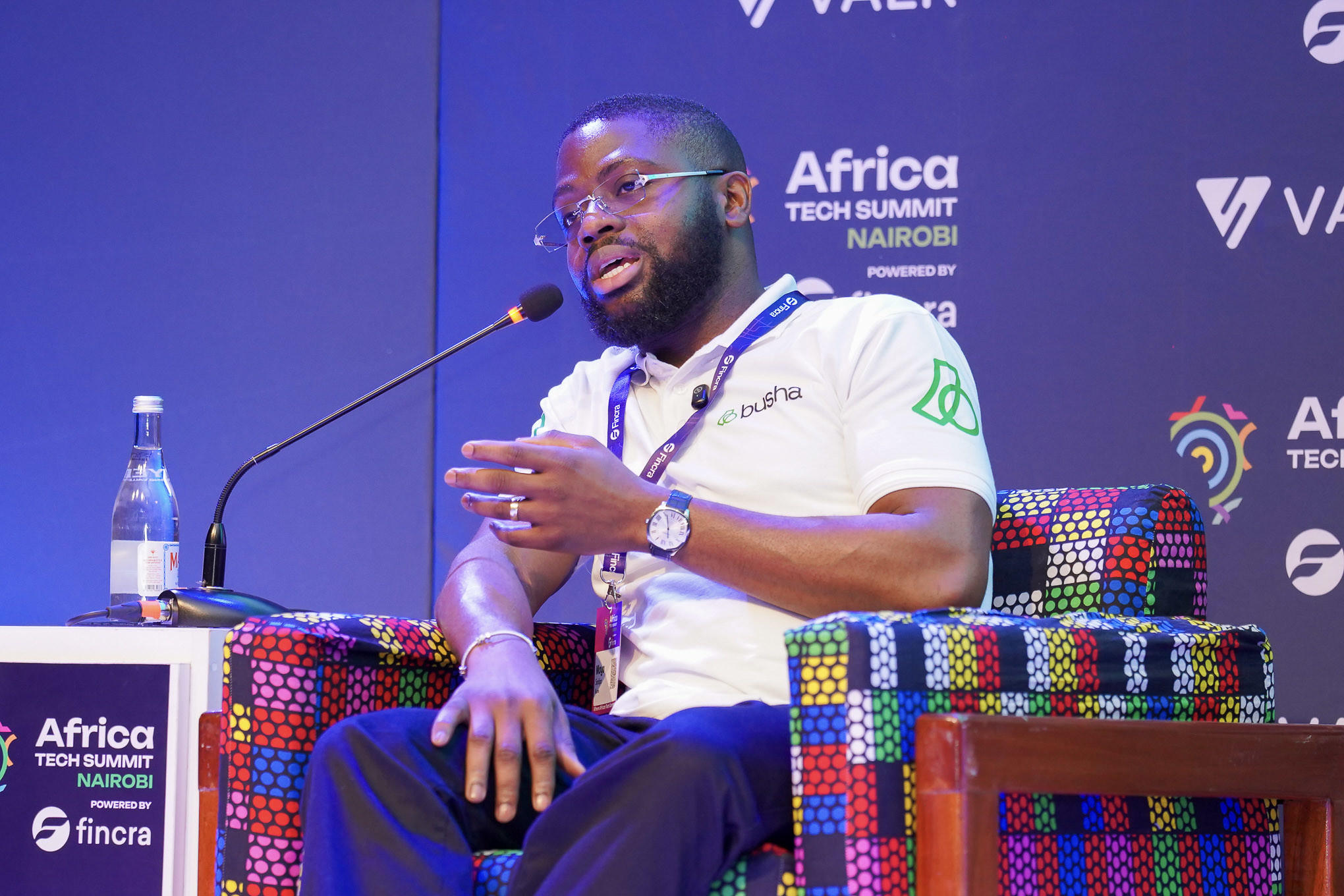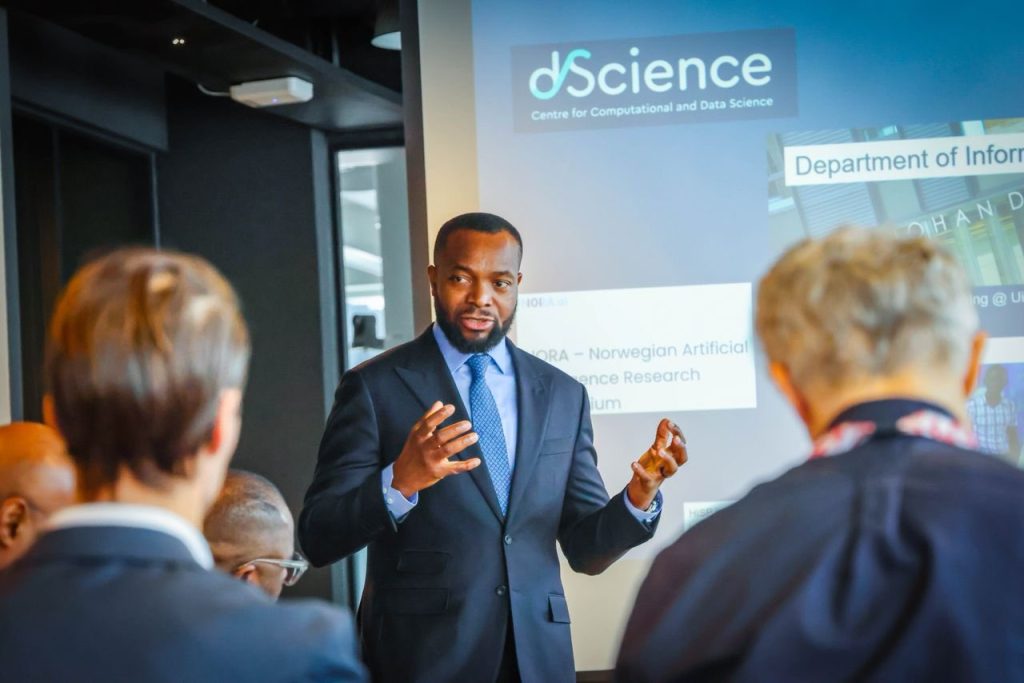Right now in the South African funding landscape, there is a gap between the ‘friends, fools and family’ money at the base of the funding pyramid and the post revenue, typical venture capital (VC) stage of funding. This week’s launch of SABAN (South African Business Angel Network), the professional association for the South African early stage investor community, is committed to filling this gap.
Christopher Campbell, co-founder of SABAN and MD of Socius, says the intention behind SABAN is to “give the local entrepreneurial ecosystem the bridge it needs to get more early stage businesses ready for the R5 million+ VC stage of investment”.
“Today’s launch was to introduce SABAN to the investor community and get feedback on which challenges we should tackle first. The next three months will be to build capacity, prioritise and plan. There will be a Cape Town event in November where we will lay out our plans for 2017,” says SABAN co-founder and deal executor at South African Enterprise Development, Mvikeli Hlophe.
But first we must support ourselves
SABAN is part of the African Business Angel Network (ABAN), a pan-African non-profit association founded to support the development of early stage investor networks across the continent and to get more early stage investors excited about African opportunities.
Tomi Davies, co-founder of ABAN and the Nigerian Business Angels Network as well as a seasoned angel investor, spoke of the changing African narrative.
“We are moving our story from Africa: The Hopeless Continent to Africa: The Emerging Continent. Yes, we have problems, especially in the space of education, power and security. But we have something else — a growing middle class with cars and university degrees and a youthful population with energy and drive. The rest of the world is excited about what we can achieve and ready to support us. But first we must support ourselves,” says Davies.
“It’s called angel funding for a really good reason. It takes faith, patience and enormous optimism to put money behind people and businesses before they have significant market traction. This early stage of investment is more than just capital for early stage founders — great angels provide mentorship, access to business networks as well as financial support,” says Alex Fraser, Silicon Cape Initiative and ABAN exco member.
We need to back our own entrepreneurs
“It’s not just about the money. It’s about what the money brings with it — experience, networks and often a healthy dose of realism. And it’s this combination that makes angels so important in South Africa. As Tomi says we need to take the first steps ourselves. If we want our ecosystem to access international capital and support, we need to back our own entrepreneurs, so that we have scalable high-growth businesses, which offer attractive returns,” says Fraser.
This sentiment is echoed by Connie Tzioumis, Director of Global Partnerships, Office of the Secretary of State at the U.S. Department of State. It’s a big title with a lot of different areas of responsibility, but for the purpose of this article it means that Tzioumis works to get governments, business and entrepreneurs working together successfully, particularly in Africa.
“We helped launch ABAN and have supported their activities through the continent which now includes the launch of SABAN. We are committed to economic growth as a path towards prosperity and peace, and successful entrepreneurship is one key aspect of ensuring this, and if there is one thing that the US knows about, it’s how to create partnerships and policies that support entrepreneurship and we want to share that and support growth in Africa,” says Tzioumis.
In the end, once the canapes were eaten and the pictures taken, it was a launch event like many others the ecosystem has seen. We will have to wait until the new year, after the launch of the plan of action in November, to see if SABAN is able to mobilise angel money into an ecosystem that sorely needs it.
Personally. I really hope they do.
Editor’s note – This post was written by Sarah Rice and it first appeared on VentureBurn.




















